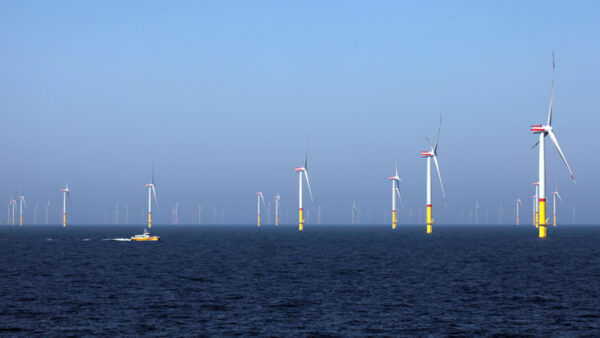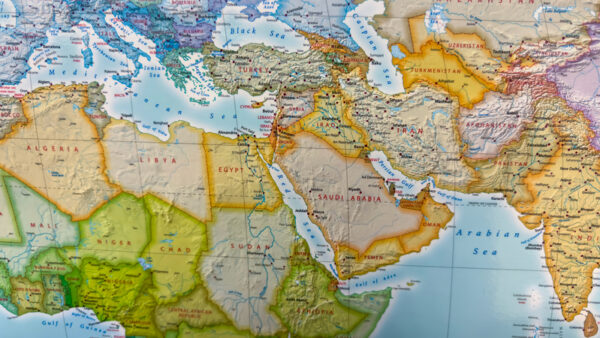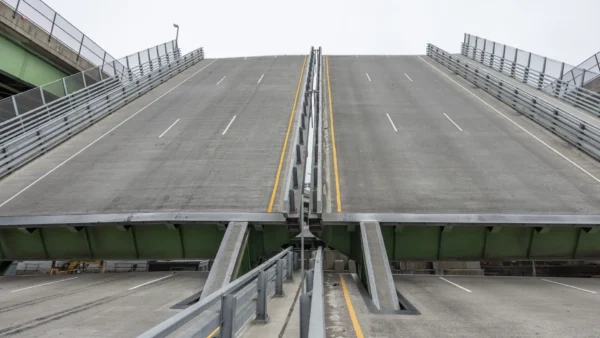Joe Biden, the presumptive Democratic candidate for the US Presidential election in November, has unveiled a $2 trillion clean energy plan that promises huge investment in construction.
The seven point plan commits his administration to sparking a “second great railroad revolution”, as well as building 1.5 million affordable homes, upgrading four million buildings and “weatherising” two million existing homes.Â
The campaign says millions of jobs will be created from the construction of smart roads, water systems, transit networks, schools, airports, railways and ports.
Universal broadband access will also be rolled out to all Americans.
Biden says that unionised American workers will use new American-made materials, and that such jobs will create an expanded middle class.
The campaign also promises to deliver affordable, reliable public transport by 2030 to those in municipalities with populations over 100,000.
A quarter of the savings from the four million building retrofits will go back to state and local governments.
The plan includes a promise to upgrade the country’s building code processes by establishing nationwide building performance and labour standards.
Another “historic investment” is planned to improve public school buildings, with resources weighted to lower-income rural and urban schools.
They will see health risks addressed, including air quality, clean water access, as well as energy-efficiency measures.
A boost for green building materials is also planned.
All the projects tie in to Biden’s aim of halving the carbon footprint of America’s building stock by 2035.
Image: Joe Biden (Ognjen Stevanovic/Dreamstime)
Further Reading:
Comments
Comments are closed.







Get people on public transport and out of airplanes. We let the automobile manufactures and airlines do the planning instead of the public. We have people who have grown old who have no idea of the advantages of decent comfortable rapid transportation. Other nations: to now include former 3rd world states, have HSR. We do not have any that can be compared with a world passing us by.